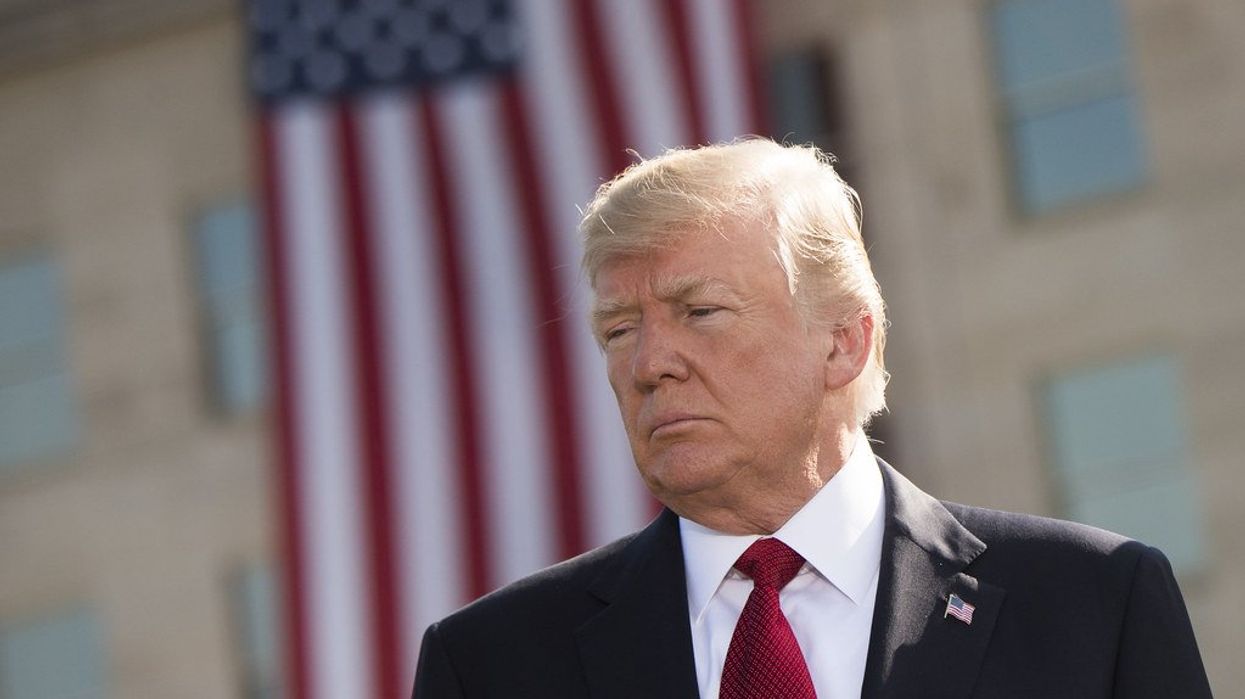Following the US Supreme Court's decision to hear Donald Trump's argument for absolute immunity against federal prosecution, legal experts warned that the ex-president's Washington, DC election interference trial likely won't begin until September or October — just weeks before the election.
In a Sunday, March 3 op-ed for Politico Magazine, former federal prosecutor Ankush Khadori notes, "Whether it will start before November at this point will ultimately be up to the Supreme Court and presiding U.S. District Judge Tanya Chutkan — who may soon have to confront one of the most challenging and politically controversial legal questions in American history as the result of a confluence of events that she had nothing to do with."
Pointing to the fact that "Americans have repeatedly told pollsters — nearly two-thirds of them, including roughly one-third of Republicans — that they want to see a verdict in the case before the election," Khadori suggests ways Chutkan could still make that happen.
READ MORE: SCOTUS is now 'judicial arm of the Republican Party' after 'ludicrous' Trump decision: column
He writes, "Chutkan has said she would give Trump several months to prepare for trial, so if the case comes back to her from the Supreme Court in June, she could be looking at the prospect of a trial beginning in September or later," and although there might be two obstacles for her to overcome, "neither would be prohibitive in moving forward."
Khadori writes:
First, there is a line of argument that holds that a trial before November would somehow run afoul of formal and informal Justice Department policies that suggest that it would be improper for prosecutors to seek a criminal trial shortly before an election if the defendant is on the ballot. This is simply not true if you familiarize yourself with the relevant material. The policies are intended to protect defendants from significant investigative and pre-trial steps that could become public and influence voters prior to an election but before the defendant has an opportunity to fairly respond in court; they do not apply to a full trial before an election, nor do they constitute some sort of free-floating constraint on the Justice Department’s obligation to the American public to enforce our federal criminal laws, even if doing so might burden a high-profile candidate’s campaign or annoy his supporters.
The ex-prosecutor then notes, "The second set of issues concerns the political calendar. Trump will almost certainly claim that it would be unfair to force him to stand trial in Washington rather than be out on the campaign trail in the final stretch of the general election campaign and that this itself would be a form of 'election interference' on the part of prosecutors and the judge."
Khadori also emphasizes the judge "has some options that she can explore to mitigate any collateral effects on Trump’s ability to campaign," such as "hold the trial only three or four days a week, leaving Trump the remainder of the week to travel the country and campaign." He adds, "She could hold the trial on alternating weeks, allowing Trump to campaign in the weeks in between trial weeks. She could hold half-day trial days, leaving Trump the remainder of the day to travel to closer states and to campaign nationally through media appearances. (Trump did, after all, accuse Biden of winning the last election from his basement.)"
READ MORE: Ex-prosecutor: Trump enjoys 'different system of justice' because he’s 'wealthy and white'
Khadori's full op-ed is here.


